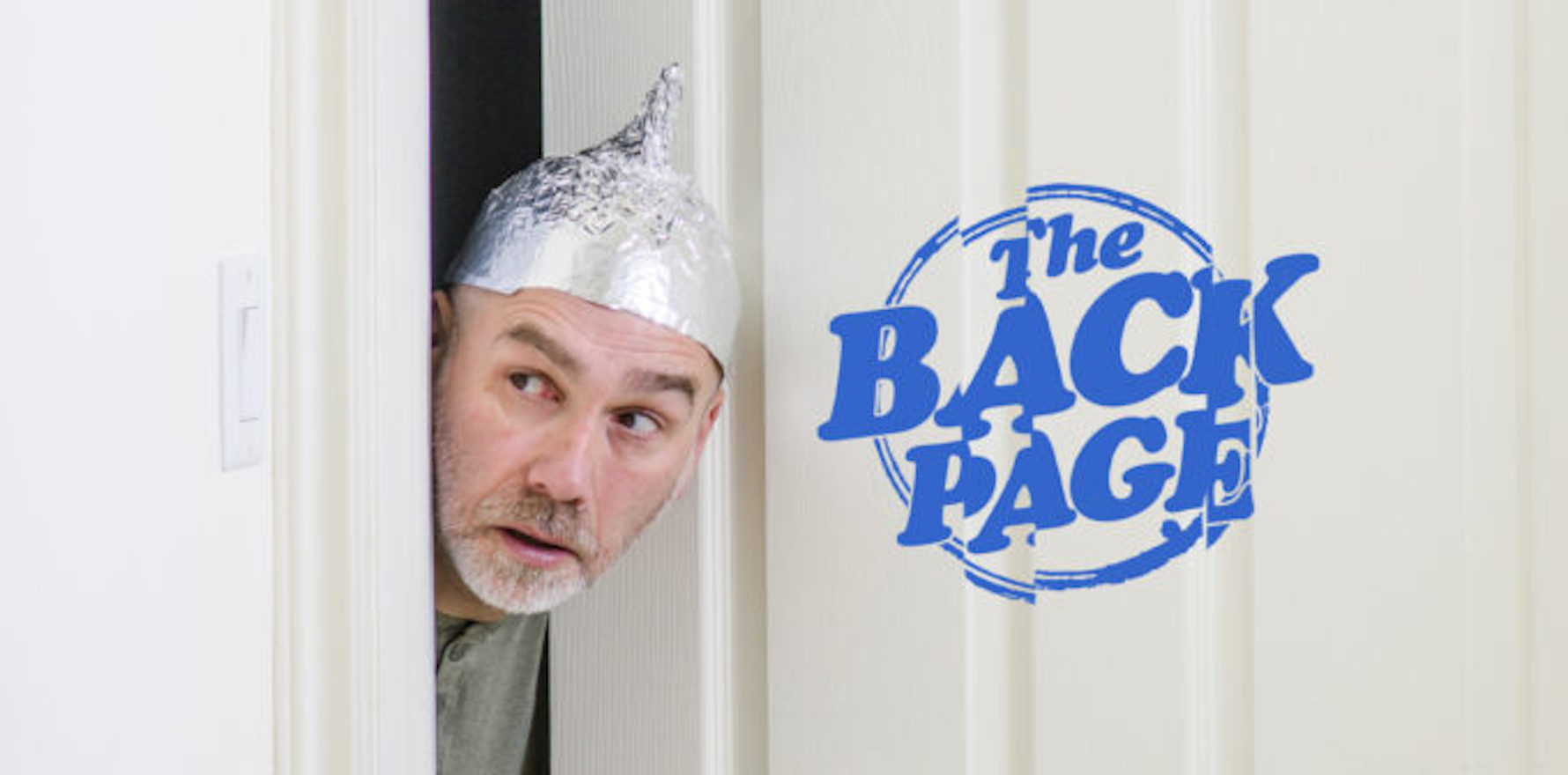Conspiracy theories proliferate in ignorance, and here’s the research to prove it.
Here’s a shocker: the better you know a group of people different from yourself, the less inclined you are to believe conspiracy theories about them.
I KNOW! Who knew, right?
Researchers from the Universities of Nottingham and East Anglia, apparently, who have just published results of their combined work in the European Journal of Social Psychology.
Three studies were conducted with over 1000 people, where the team explored whether positive intergroup contact interferes with the development of conspiracy theories about other social groups.
The first two studies explored relationships, asking British participants about their experience of contact with immigrants or Jewish people and their belief in conspiracy theories in relation to them.
In the third study, participants were asked to think about a positive contact experience with a Jewish person and then report their conspiracy beliefs held about this group. Participants also reported their feelings (prejudice) towards the target group in each study.
“The research demonstrated that those people who had experienced higher quality positive contact with Jewish people or immigrants or imagined a positive contact experience were less likely to believe conspiracy theories about them,” said the authors.
“Importantly, these effects remained even when accounting for (negative) feelings towards the target group, demonstrating that the effect is not merely another prejudice reduction effect.”
We live in a world in which Robert Kennedy Jr – the son of a man famous for his liberal, progressive politics and passion for civil liberties – can, in all seriousness, suggest that the covid pandemic was “ethnically targeted” to attack certain ethnic groups while sparing Ashkenazi Jews and Chinese people.
You have to wonder how many Jewish and Chinese people the filthy rich, elitist Kennedy has ever had contact with, right?
I’ve experienced this a million different ways to Sunday through my own life. Anyone who is part of a minority group has. For me it was being fat, being queer, being a journalist, even. You’d be amazed how many people think all journalists are unethical, money-chasing, government-controlling scumbags.
Thanks for that, Rupert.
I’m self-aware enough to know that I was brought up racist. I come from whiter-than-white middle-class parents who came to Australia from a pre-EU England that was rampantly anti-immigrant. We arrived in an Australia that was only just past the 1967 referendum, and there were no First Nations peoples in our circle of Queensland university life.
The more we experience friendships and work relationships with people outside our own demographic, the more truth we know about other people.
The researchers confirmed this in their conclusions.
“We found that people who had experienced friendly interactions with Jewish people or immigrants, or even imagined a positive contact experience, were less likely to believe conspiracy theories about them,” said Dr Charles Seger from UEA’s School of Psychology.
“Importantly, these effects remained even beyond the prejudice-reducing effects we know such interactions to have.
“Conspiracy theories seem to be escalating in society, perhaps due to social media. There are complex reasons for why people believe conspiracy theories about different groups, and conspiracy theories are notoriously hard to correct.
“Providing accurate information often does not work. Therefore, it is exciting that this intervention shows promise in reducing conspiracy beliefs.
“Our research suggests that bringing people from diverse backgrounds together can reduce the endorsement and tolerance of conspiracy theories.
“This could be used as a useful tool for educators, policy makers, and those invested in promoting a more harmonious society.”
Dr Daniel Jolley, from the University of Nottingham, said: “The research findings offer a promising potential starting point for developing tools to bring diverse groups of people together who may not usually have contact and try to foster positive conversations to help reduce potentially harmful conspiracy theories from taking hold.
“While the problems are often very complex, and positive contact will not solve all the issues surrounding conspiracy theories towards certain groups, the fact that this work offers a potential tool to reduce intergroup conspiracy theories is a notable breakthrough.
“Our work offers a framework that, along with future research, might lead to the reduction of conspiracy beliefs in the general population,” he said.
It’s hard to be amusing about extremist views, racism and conspiracy theories, to be honest. Surprising, given the people who hold those views are so often complete clowns.
If someone could invent a social media network that both forces us to interact with people outside our own bubble and moderates that conversation to keep the offensive, abusive and downright evil bots, trolls and posts to a minimum, it would be a good start.
But I’m not holding my breath. There’s too much money in being a clown.
Send tips to penny@medicalrepublic.com.au and help us lift the good-clown:evil-clown ratio in the media.


